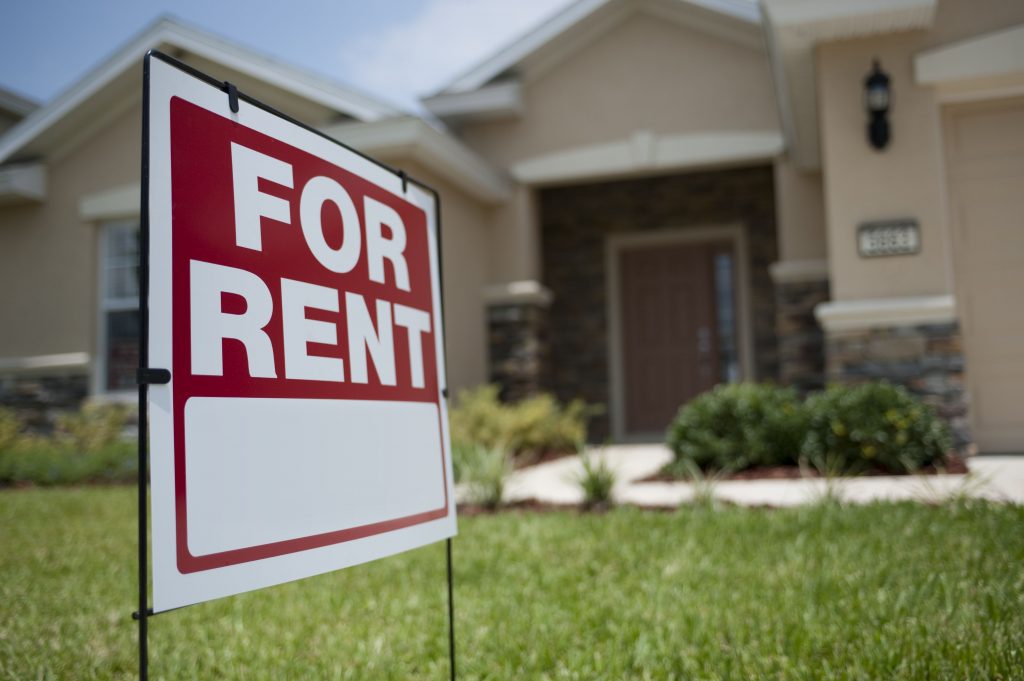The Minister for Parliamentary Affairs and caretaker Minister for Finance, Osei Kyei-Mensah-Bonsu has stated that the government will this year commence a new scheme that will provide eligible Ghanaians with low-interest loans to enable them to pay rent advance.
He said the scheme will be called the National Rental Assistance Scheme (NRAS) and will initially be funded by the government with GH¢100 million.
Presenting the 2021 budget statement and economic policy on the floor of Parliament on Friday, March 12, 2021, Mr Kyei-Mensah-Bonsu added that the scheme will also receive additional investment from the private sector.
He said: “Mr Speaker, in partnership with the private sector, we will commence the establishment of a National Rental Assistance Scheme (NRAS), with a seed of GH¢100 million. The scheme will crowd-in additional investment from the private sector, to provide low-interest loans to eligible Ghanaians to enable them pay rent advance”.
Scheme
The scheme was first mentioned by the Vice President, Dr. Mahamudu Bawumia last August at the official launch of the New Patriotic Party’s election 2020 manifesto, in Cape Coast last.
At the time, the Vice President said the scheme will help young people with their accommodation problems.
He also stated that the government was also looking for a long-term solution for some of the issues in Ghana’s housing market.
“While we continue to pursue long-term solutions to the development of the housing market, to address, in our second term, the short-to-medium term market failures in the renter-segment of the housing market, we will establish a National Rental Assistance Scheme (NRAS). In partnership with the private sector, the Scheme will provide low-interest loans to eligible Ghanaians to enable them to pay rent advance,” he said. “There are lots of young people who when they finish school, to rent accommodation is a big problem especially because of the demand for rent allowance which is sometimes up to two years demand. But someone who just finished school and is starting a job doesn’t have that savings to pay all these huge demands for rent allowance. This shows a market failure because of what the tenants and the landlords want. This is why the government has decided to come up with this to bridge this market failure by setting up a National Rental Assistance Scheme.”
Dr Bawumia also noted that the scheme will mainly serve people in formal employment who will be required to provide guarantors to access the funds.
He said the loans will be repaid on a monthly basis to match the tenure of the rent and will be insured to ensure sustainability.
“The Scheme will target individuals (both in the formal and informal sectors) with identifiable and regular income. The rent advance loans will be paid directly into the bank accounts of landlords, who would have to register with the Scheme. Under this scheme, if you have a job and we can deduct regularly from your income under this scheme, the National rent assurance scheme will give you a loan to pay your rent allowance but it is to the landlord. You need to have formal employment.”
He further noted that the government will also focus on providing low-income housing for low-income earners and put in place reforms within the Rent Control Department.
“As part of our interventions, we will also implement the necessary regulatory, institutional, and operational reforms of the Rent Control Department, including the digitisation of its operations, to enhance delivery and make it better able to serve the changing needs of market players, including landlords and tenants. A new Rent Control Act has been drafted for review by Cabinet in this direction,” he noted.







